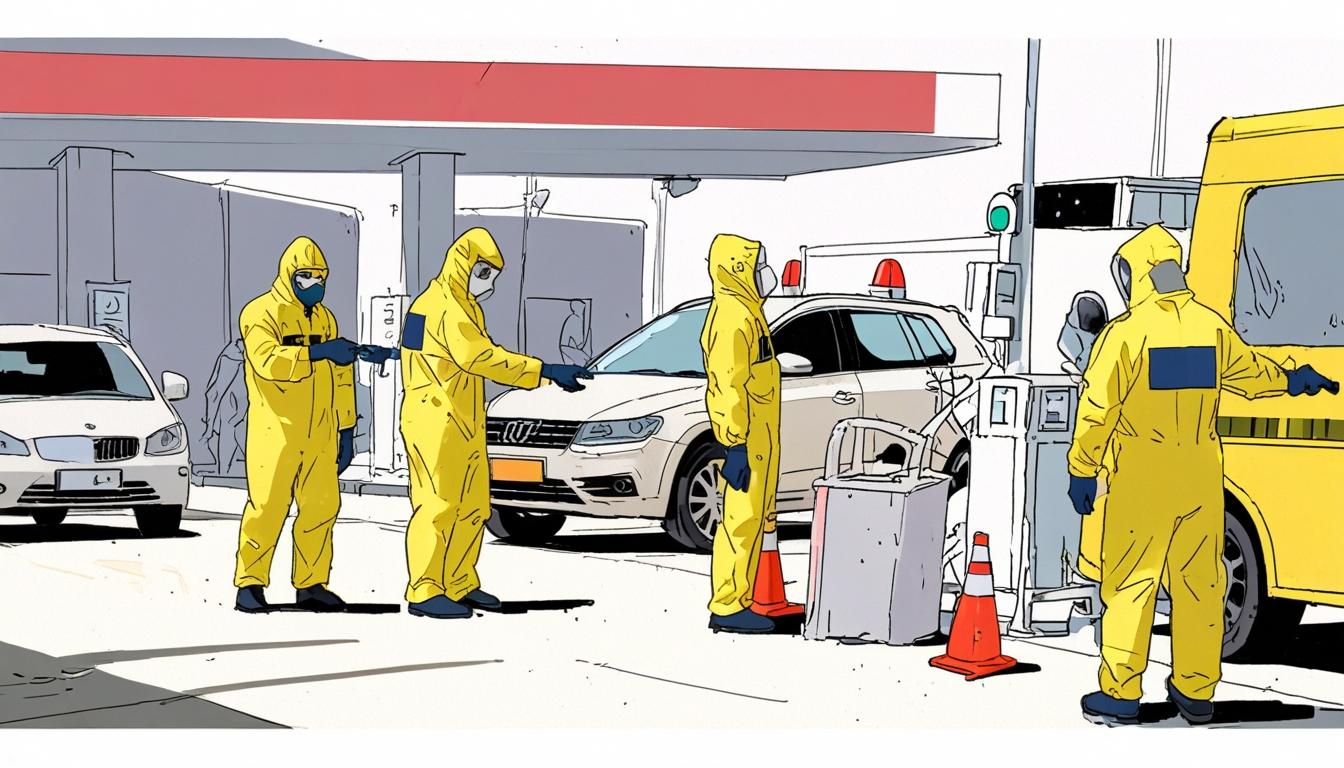A wave of concern has emerged across Europe in response to multiple outbreaks of foot-and-mouth disease (FMD), sparking border closures and the implementation of emergency protocols. The outbreaks were first detected in Germany in January and have since spread to Hungary and Slovakia, marking the virus's return to the European Union for the first time in decades.
FMD is classified as a highly contagious viral infection that impacts cloven-hoofed animals, such as cattle, pigs, and sheep. While it poses no threat to human health, it carries the potential for severe economic ramifications within the agricultural sector. In Hungary, the virus was identified on a cattle farm near the northwest border, prompting the culling of thousands of livestock to curb its spread. Alarm has been raised by officials, who have suggested that the virus may not be of natural origin, fuelling speculation regarding a possible biological attack. Gergely Gulyas, chief of staff to Prime Minister Viktor Orban, commented, "At this stage, we can say that it cannot be ruled out that the virus was not of natural origin; we may be dealing with an artificially engineered virus." However, he refrained from disclosing any potential perpetrators.
In swift response, Austria and Slovakia have closed numerous border crossings with Hungary. Disinfection stations have been established at checkpoints, staffed by officials in hazardous material suits who are undertaking thorough sprays of vehicles and inspections of trucks. The Slovak government has mobilised its Central Crisis Staff to oversee containment operations, and border inspections have heightened across Austria, Hungary, the Czech Republic, and Poland.
In Ireland, the Department of Agriculture has issued warnings regarding the potential for domestic outbreaks, which would necessitate immediate emergency measures such as livestock culls, lockdown zones, and a national movement ban. Since 2001, Ireland has remained free from FMD, but officials are on high alert. Agriculture Minister Martin Heydon expressed concern about the situation, particularly regarding the impact on Slovak farmers and their agri-food industries. He noted, “The news of three outbreaks of foot-and-mouth disease in Slovakia is very concerning."
Minister Heydon has urged Irish citizens, especially those returning from affected regions, to remain vigilant. He advised, "Given the highly contagious nature of the FMD virus, I urge everyone in Ireland, particularly farmers, to continue to stay vigilant and to protect our Irish livestock." He also stressed the importance of careful precaution for those travelling from FMD-affected countries, recommending that they avoid bringing potential contaminants such as meat, dairy products, and even clothing or equipment that could carry the virus.
As the situation continues to develop, Irish officials have confirmed that no imports of susceptible animals from affected areas have entered Ireland since before the outbreaks began. The response to the crisis illustrates the heightened state of awareness across the region regarding the serious implications of FMD on the agricultural landscape.
Source: Noah Wire Services
